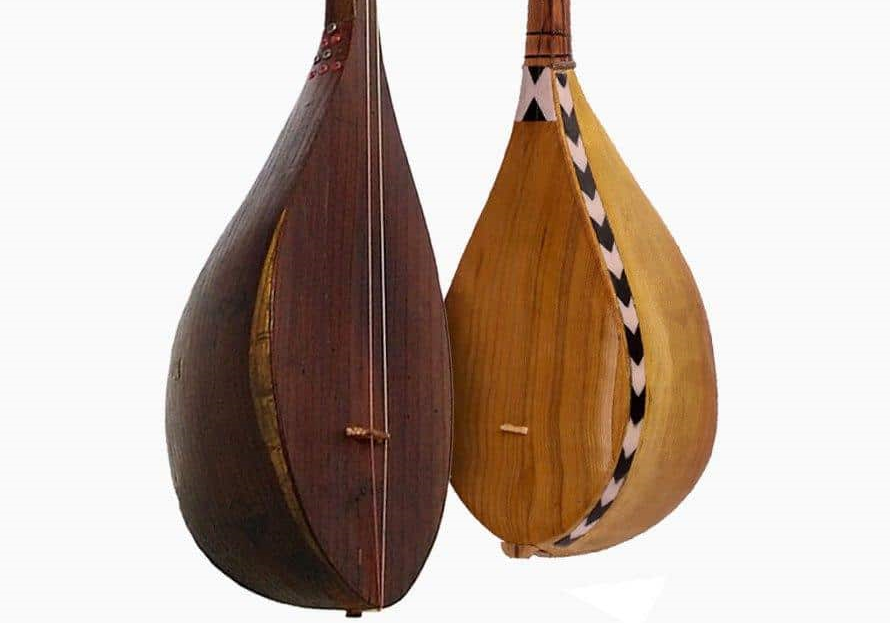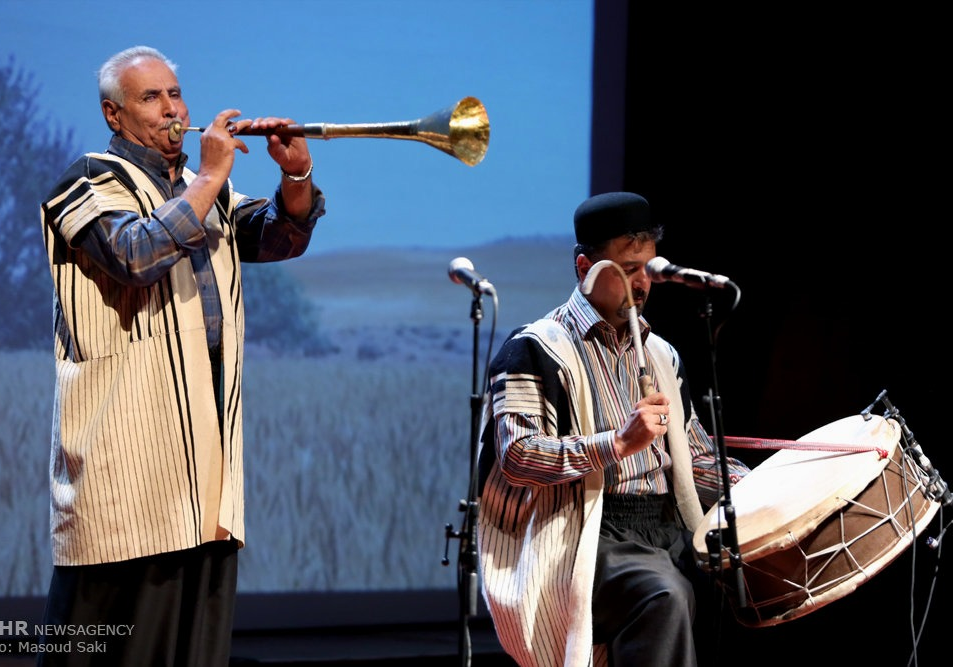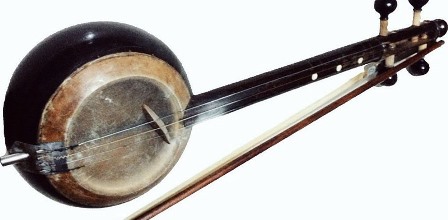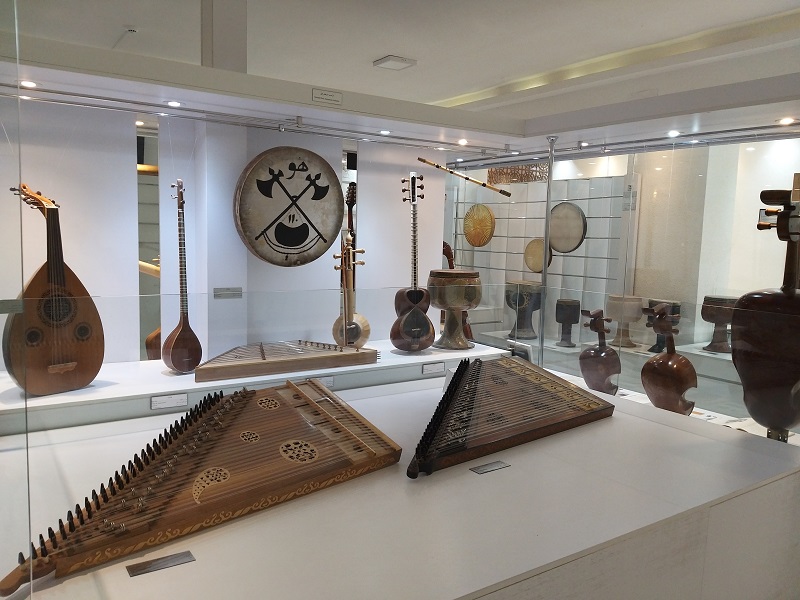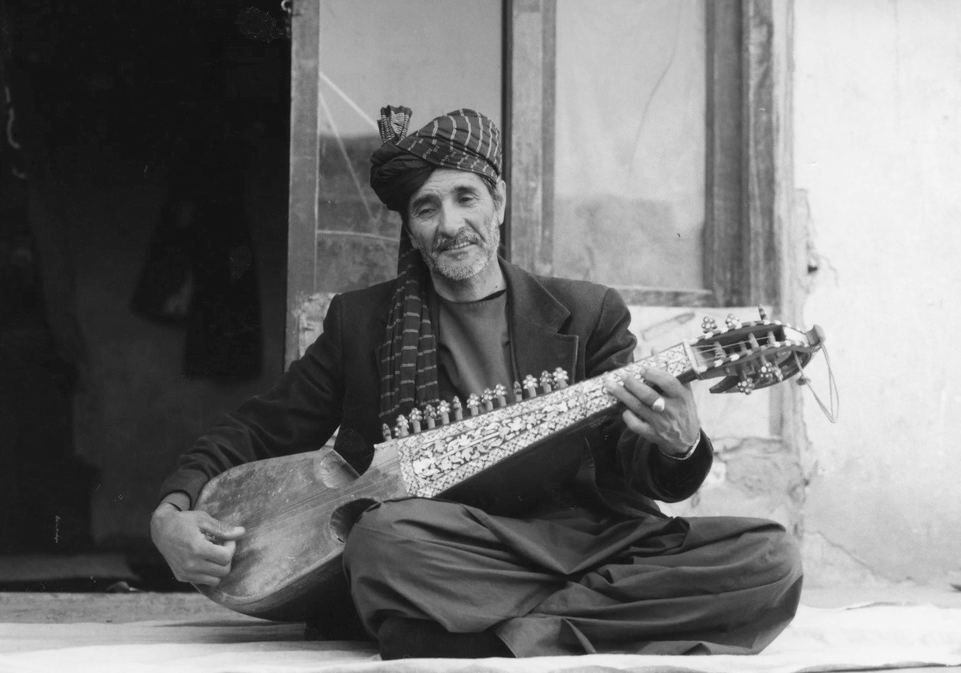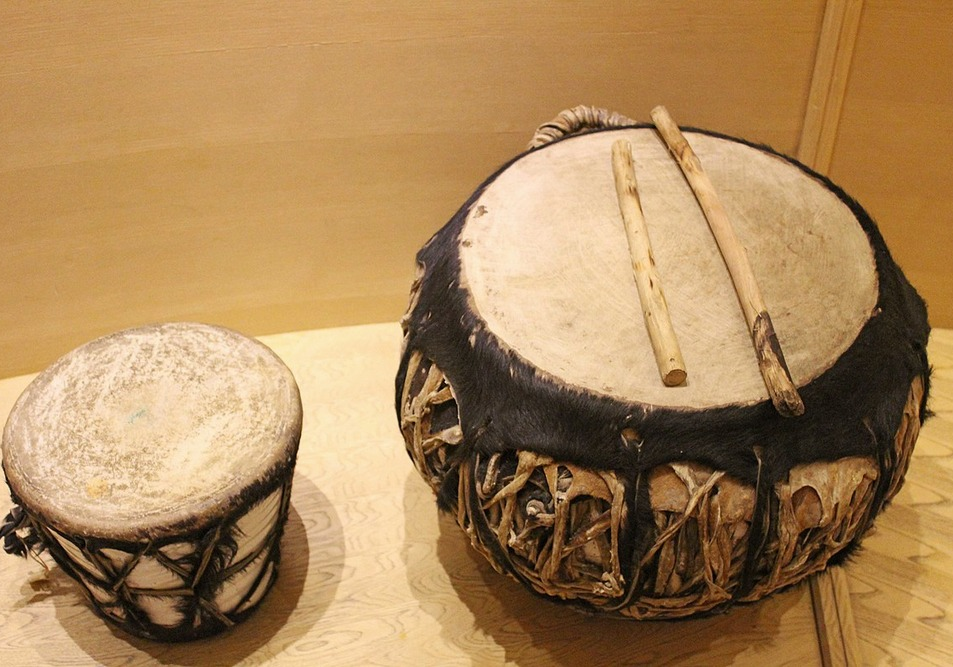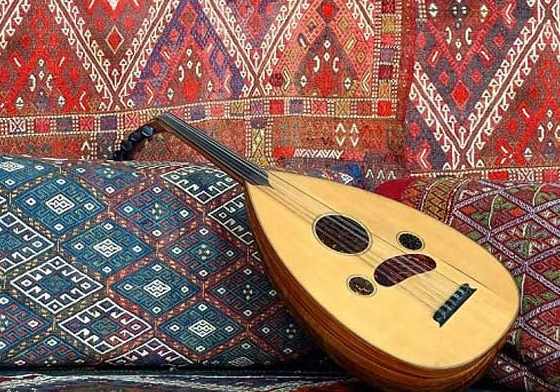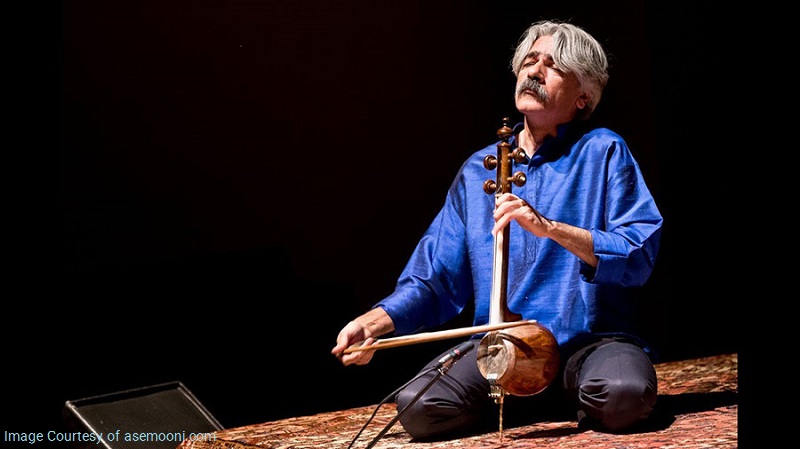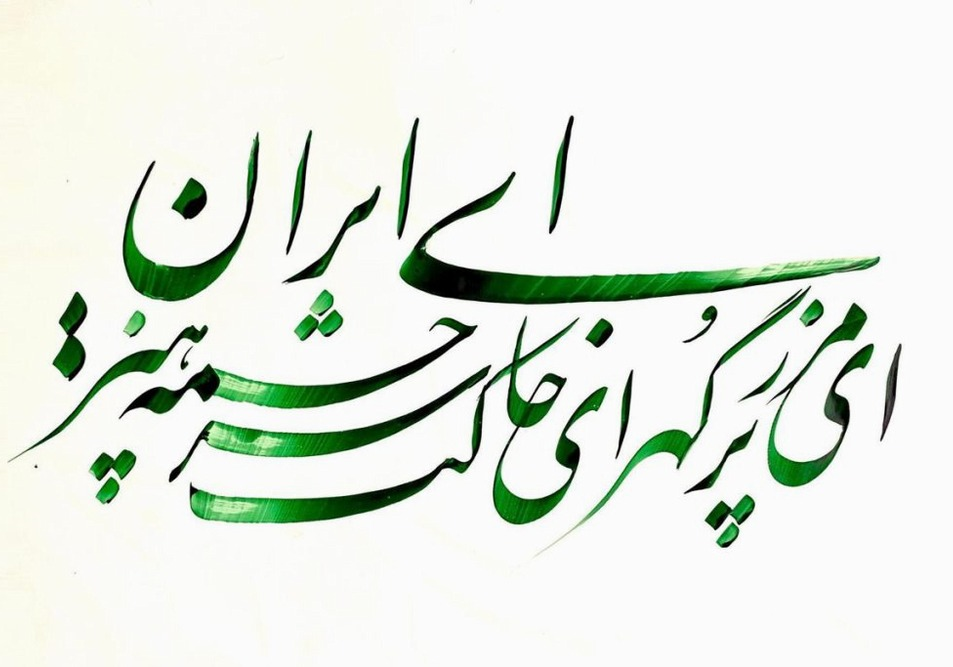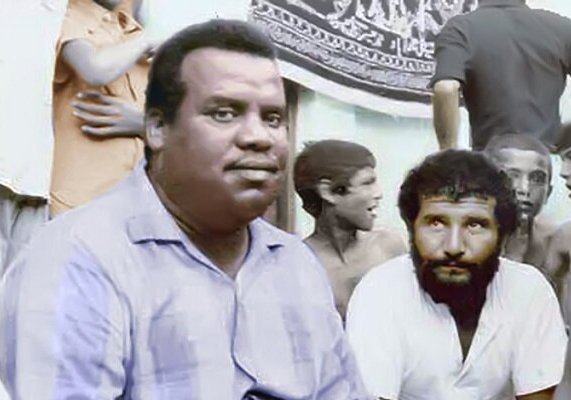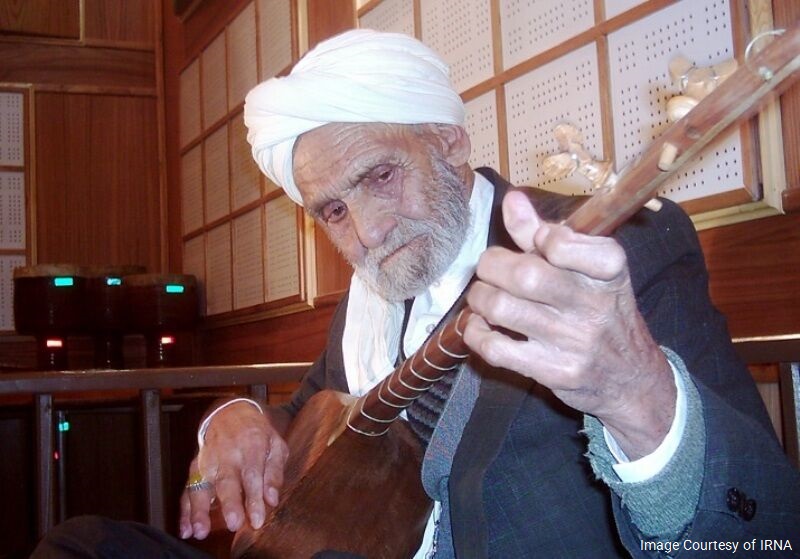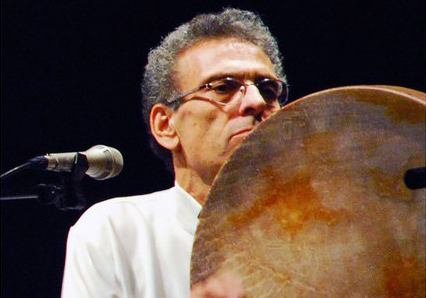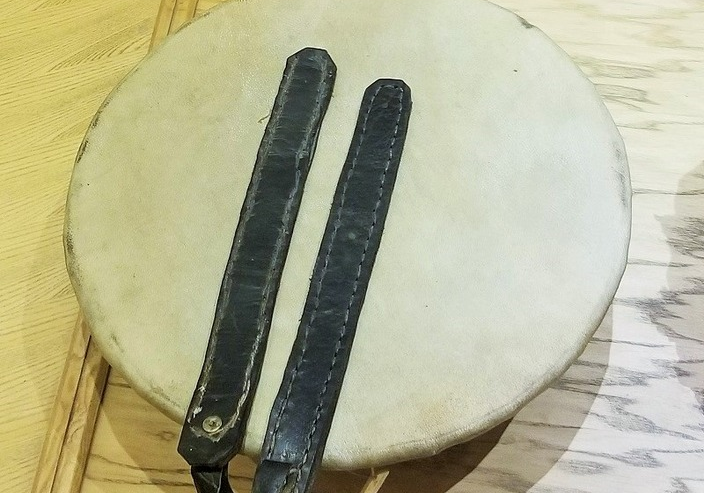
Javad Maroufi
Javad Maroufi
Javad Maroufi was an Iranian pianist and composer who was born in Tehran in 1912 AD. His mother Azra and his father Musa were among the elite students of Darwish Khan, one of the greatest music teachers of that era, and both were considered renowned musicians. Javad lost his mother in his childhood and grew up in his paternal family. He got married at the age of 18 and had two sons and two daughters.
Maroufi learned music from his father and learned to play “tar” and violin. At the age of 14, when Colonel Alinaqi Vaziri was the director of the National School of Music, Javad got admitted to it and started studying music academically. During this period, he turned to the piano and learned to play it in the classical style under the supervision of Tatinia Kharakian. He achieved such a level of skill in playing the piano that he performed Chopin’s, Mozart’s, Beethoven’s, Schubert’s, and Bach’s etudes well. Under Alinaqi Vaziri’s training Maroufi achieved the highest level in music, such that at the age of 21, he was employed by the Ministry of Culture and Art of the time, and at the same period, he also started teaching music. At the beginning of the establishment of Iran’s radio in 1940 AD, Maroufi joined the radio as a piano soloist. In 1953 AD, Javad became the head of the music department of radio, became a member of the Supreme Council of Music, and became the leader of “Orchestra 1” and “Golha Orchestra”. During the same period, he performed many works of veterans and greats of Iranian music such as Ali Akbar Sheida, Arif Qazvini, Roknuddin Mokhtari, and Darvish Khan in Orchestra 1. He played the piano for more than 40 years and left many beautiful works such as “Golden Dreams” and “Zilla’s Fantasy”. Maroufi passed away in 1993 AD.
Javad Maroufi’s Style of Piano Playing
Javad Maroufi's style of playing the piano was more influenced by Moshir Homayoun Shahrdar than Morteza Mahjoubi. which was mainly because of the form of training received and commitment to note-based styles. Of course, the legacy left by Morteza Mahjoubi was influential among all those who played piano in Iranian dastgahs of music after him. Mahjoubi’s works are so graceful that many of them can be considered masterpieces.
Maroufi’s Influences on Iranian Piano Playing
Maroufi’s style of playing the piano was unique. He considered the piano to be an instrument on which any Iranian music could be played, therefore, he tried to perform Iranian music with minimal manipulation of the tuning of this instrument. The reason for using this method was that Iranian music would not sound strange to listeners familiar with Western music. Maroufi was so determined to achieve his goal that he hardly used the styles of note tuning, which is more compatible with Iranian music, and trained his students with traditional Western piano playing methods. In the performances that have been left by Maroufi, it is quite clear that he did not change tune except when it was necessary.
Iranian music composers usually create such pieces as “Chahar-Mezrab” (a type of music sans singing) and “Pishdaramad” (lit. prelude), but Maroufi wrote rhapsody, prelude and fantasy using the style of Iranian music. Such an attempt to match Iranian music and Western music was unprecedented and made Iranian styles of piano playing more widely known in the world.
Maroufi was well acquainted with both Iranian and Western musical works. Before Javad Maroufi, music training took place from person to person in the sense that the master played the songs and the student learned them by listening and imitating them. Some music masters even provided their students with special notes and symbols that were not of any use to others. Maroufi, however, first taught his students the technique of reading music notes and believed that in the absence of the knowledge of reading music notes, performing music would not be effective. Maroufi’s insistence on solfege systematized his training programs and provided more flexibility in performance.
Javad Maroufi’s style of piano playing was inscribed on the list of Iran’s intangible national heritage - as a special style of playing this instrument in the field of Iranian music - in the year 2018.
Maroufi’s style of playing the piano was unique. He considered the piano to be an instrument on which any Iranian music could be played, therefore, he tried to perform Iranian music with minimal manipulation of the tuning of this instrument.
| Name | Javad Maroufi |
| Country | Iran |
| Type | String |
| Works | classic music |
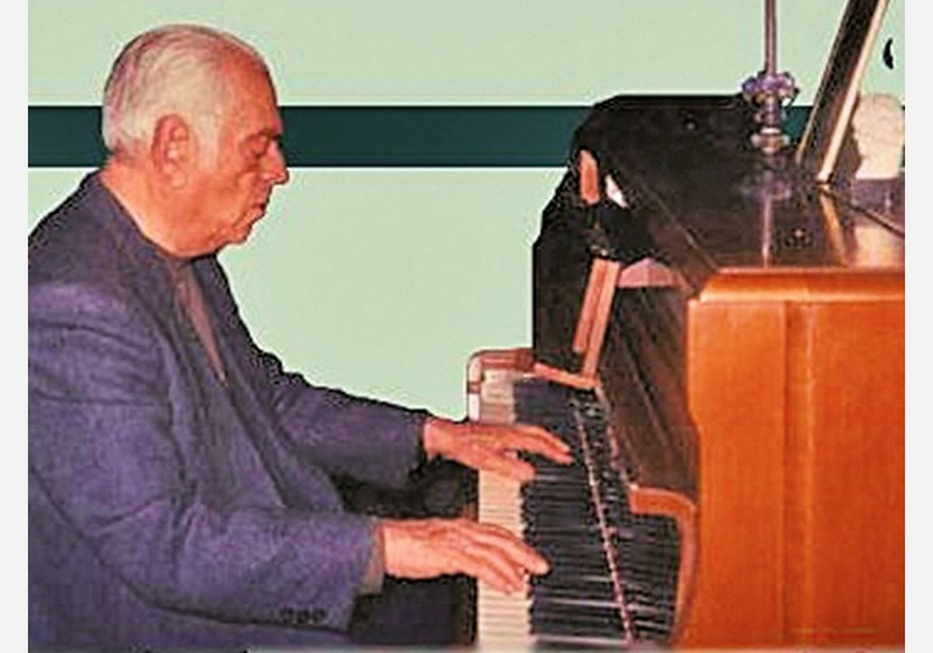

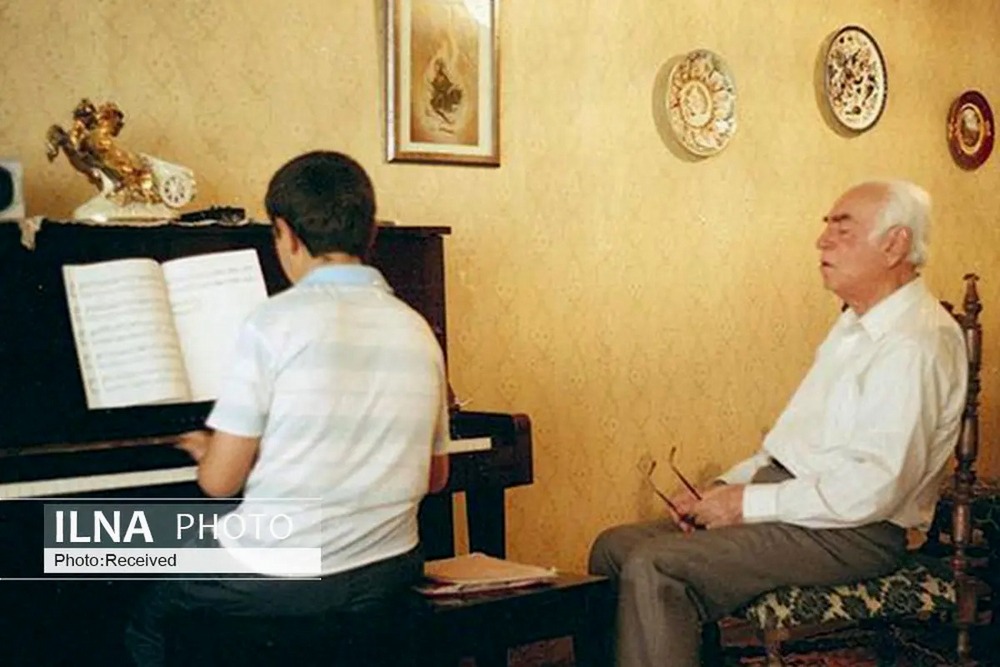



Choose blindless
Red blindless Green blindless Blue blindless Red hard to see Green hard to see Blue hard to see Monochrome Special MonochromeFont size change:
Change word spacing:
Change line height:
Change mouse type:
